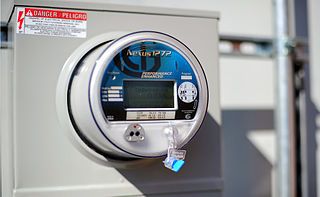Getting Off the Electricity Grid

Again, I hear you. But thinking about this more calmly, I’m not sure that the goal is to “get off the grid.” The absence of a grid means that every producer and consumer of electricity needs to have his own way to convert some other form for energy, like natural gas, to electricity (not unheard of, but not really practical), or deal with the issues associated with variable resources, which means lots of local storage. The cost of that proposition is enormous, both financially, and in terms of environmental consequences. Can we really afford hundreds of millions of individual houses and businesses – or hundreds of thousands of microgrids – each with its own battery bank (or systems that invoke pumped hydro, compressed air, etc.)?
Nope. My guess is that none of us alive today will be around long enough to see the end of the electricity grid.
The right thing to do, it seems to me, is to rethink what we ask of these utilities. We’ve long since passed the point where the criteria we provided for them 100 years ago continues to make sense. In the early 20th Century we told them to get us safe, reliable, and inexpensive power — and, by and large, we received exactly that. (Of course, some people, e.g., the millions of people who suffer long outages each year, will dispute the “reliability” aspect.)
But now the time has come to give our utilities a different mandate; I believe that’s our right every 100 years or so. Now, we want them to support us in our quest to create a balance that includes decentralized energy generation, and, most importantly, de-carbonizing our energy, i.e., phasing out fossil fuels. I know we’ll have their support.
